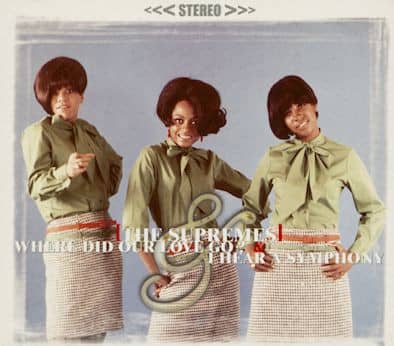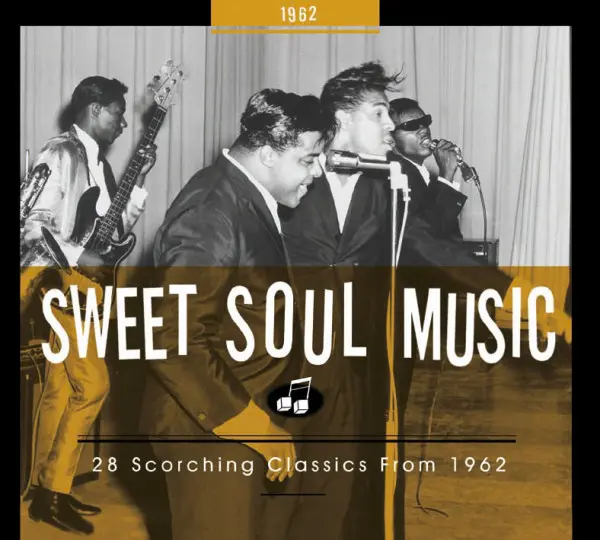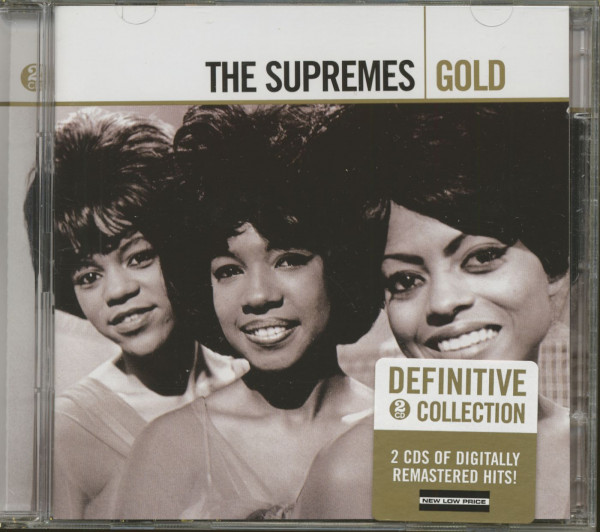The Supremes Where Did Our Love Go - I Hear A Symphony (CD)
* incl. VAT / plus shipping costsDepending on the country of delivery, the VAT at checkout may vary.
the very last 2 available
Ready to ship today,
delivery time** appr. 1-3 workdays
- catalog number: CD159509
- weight in Kg 0.1

Item has to be restocked

Item has to be restocked

Item has to be restocked

Item has to be restocked

the very last 1 available
Ready to ship today, delivery time** appr. 1-3 workdays

















